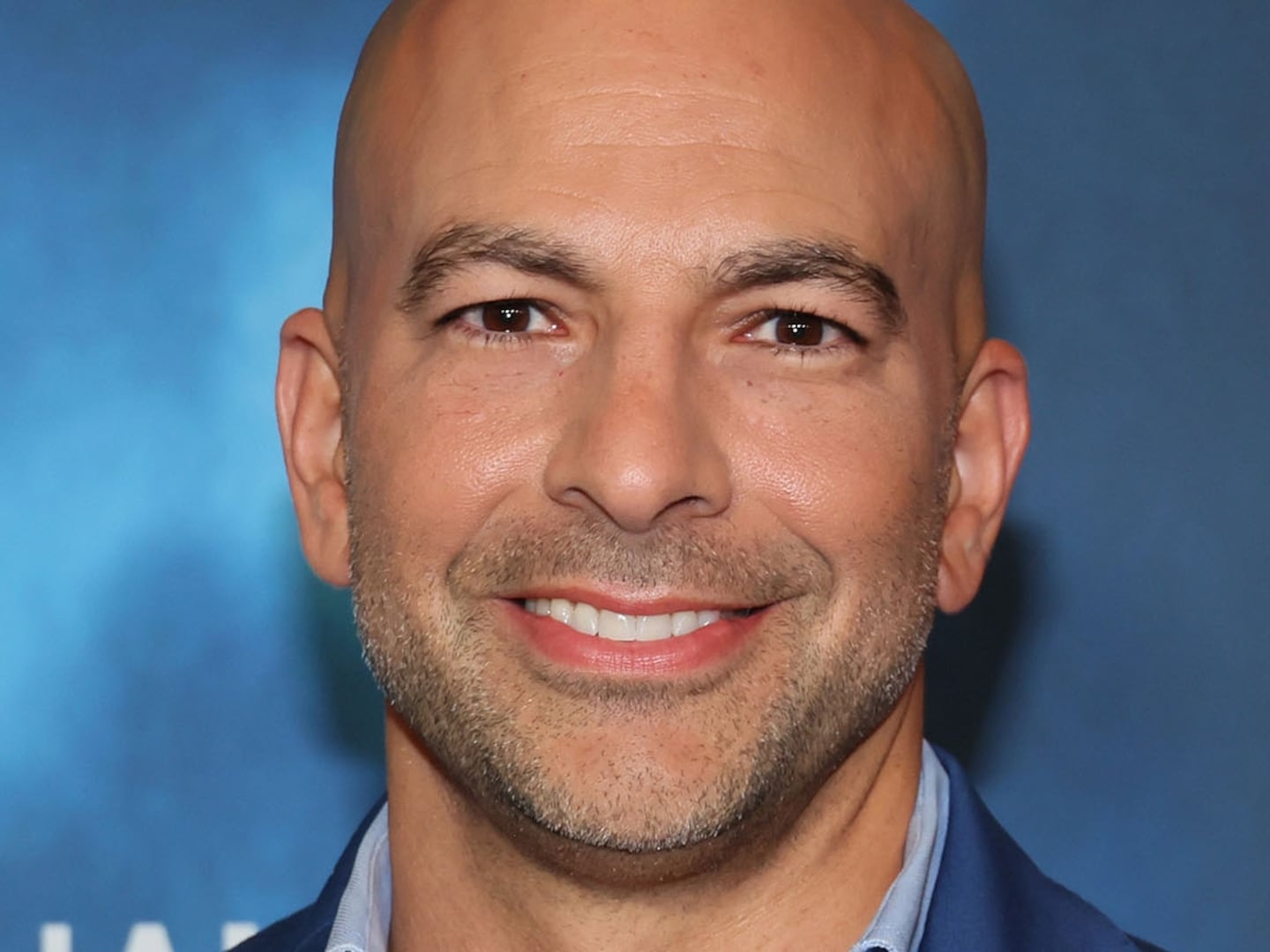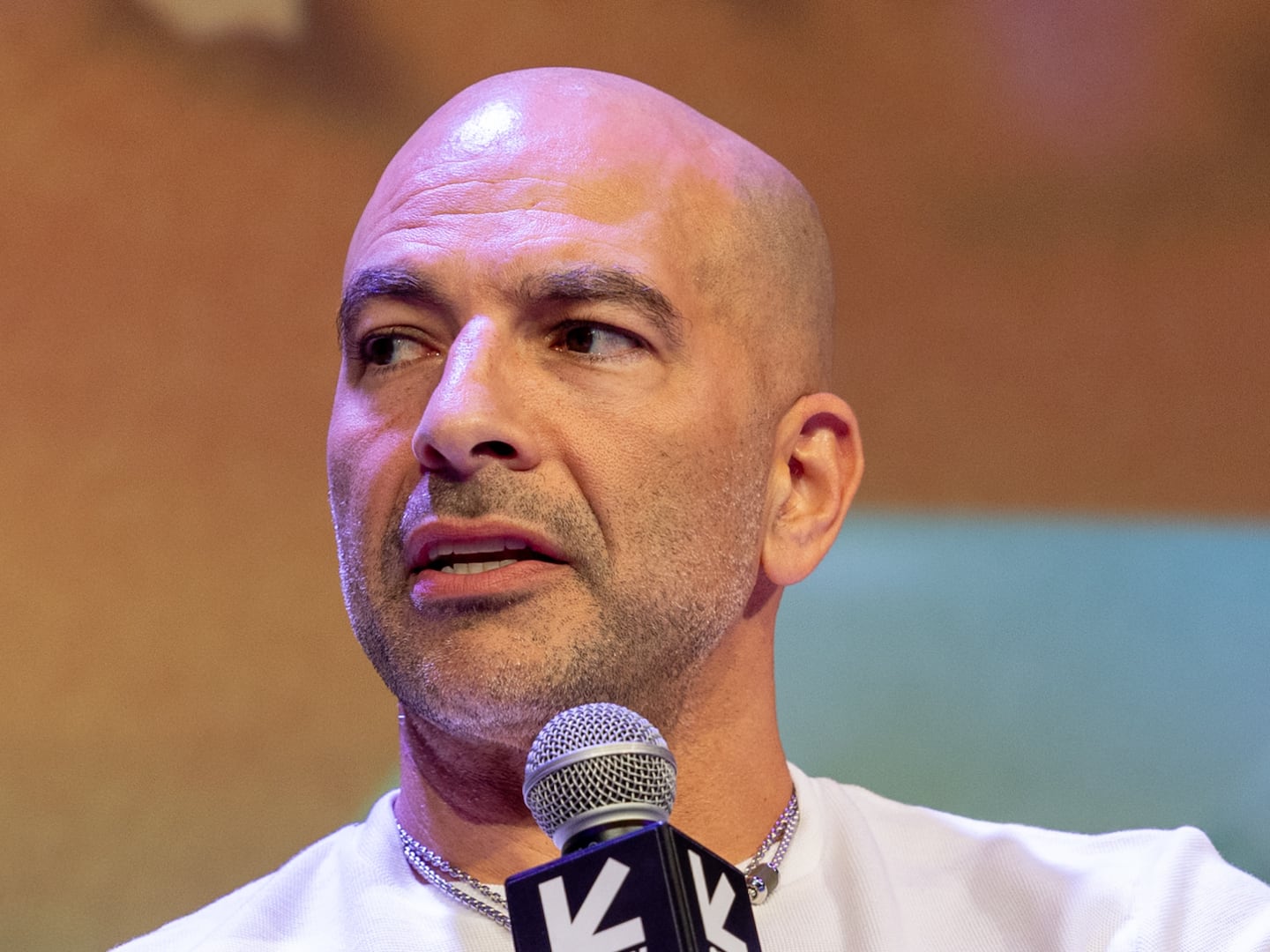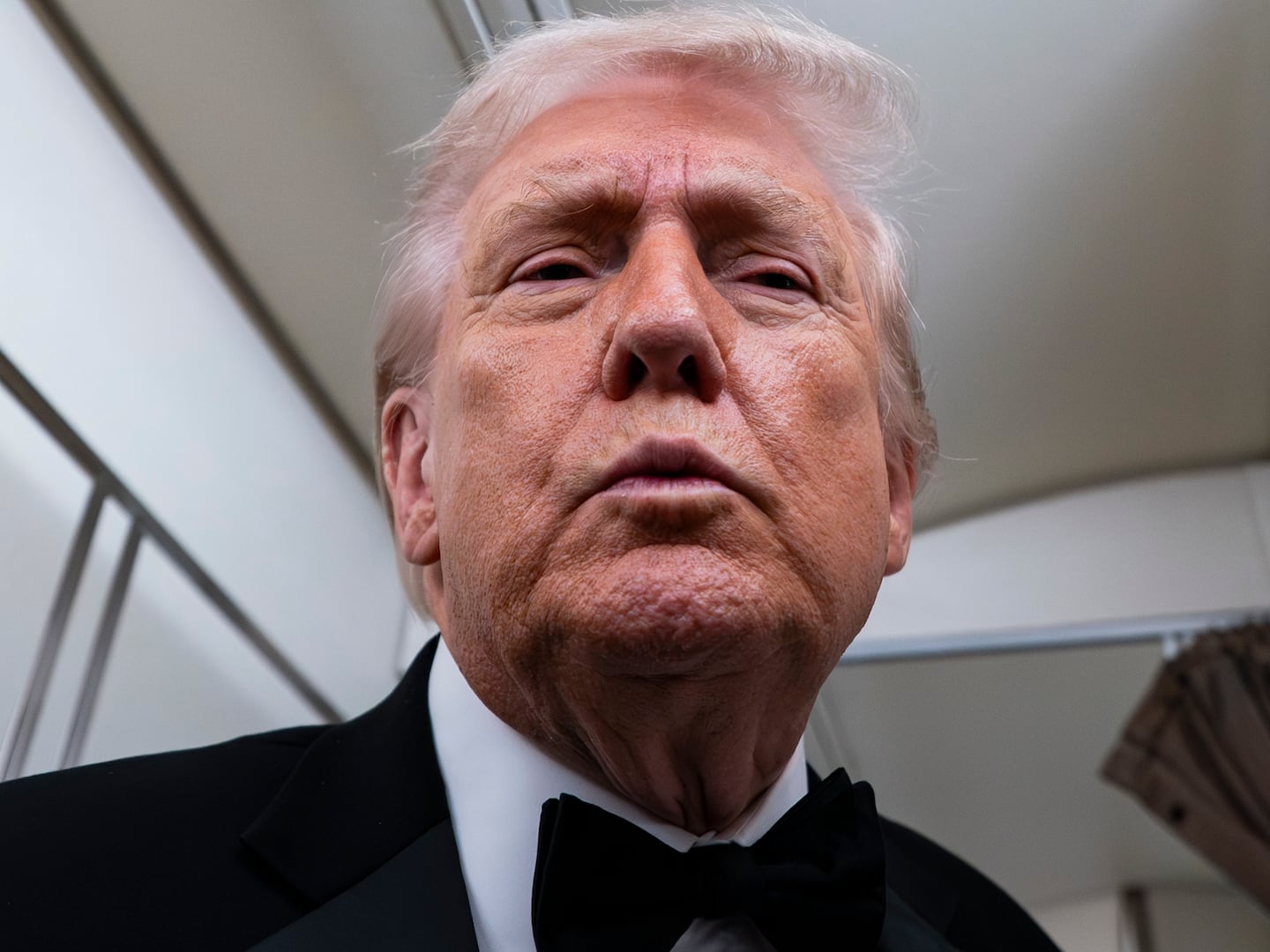Right now, there are red blocks holding white text all over the internet: “URGENT: If you’re not freaking out about Net Neutrality right now, you’re not paying attention.”
Here’s some background: when we go online, we expect to be able to access any websites that we wish to reach. We don’t expect our internet service providers to manipulate the speed at which we can view this information, or even block content outright. Launching from that idea, in 2015, the Federal Communications Commission adopted rules to ensure that internet service is regulated as a utility, meaning that access to web content is consistent—neutral, fair—across the board, and in theory free from profit-driven meddling by cable companies.
Do you like Pearl Jam? Without net neutrality rules, AT&T censored their livestream after Eddie Vedder criticized then-president George W. Bush. AT&T also blocked the usage of Apple’s video chat service, FaceTime, in their network, so that customers would have to pay for more expensive data plans. Verizon blocked messages sent by abortion rights group NARAL, saying that their content was too controversial.
But it’s not just about consuming content. Imagine not being able to converse with a friend or loved one, based solely on their political outspokenness, for “attacking the system.” Imagine a much-needed communications app disappearing from service without warning—just like how Skype was removed earlier this week from Apple and Android’s app stores in China. Like the dictators who expend vast resources to quash dissidence—think China’s Xi Jinping or Russia’s Vladimir Putin—the FCC is moving to tear up America’s guarantee of a free internet.
The man behind this move is Ajit Pai, the chairman of the FCC, who took up his post on January 23, three days after Donald J. Trump moved into the White House. In March, Trump said that Pai would be renominated to serve an additional five years as FCC chairman, and the Senate confirmed this term in October.
Just a little over a month after his confirmation, Pai is making moves to dismantle freedom in America. (It’s worth noting that Pai previously worked as associate general counsel for Verizon Communications, one of the companies that would benefit greatly if his plan is pushed forward. It’s also worth noting that FCC commissioner Jessica Rosenworcel has spoken out against Pai’s plan.)
This smacks of authoritarianism, especially for those who have actually lived under conditions where free expression is limited or even actively suppressed. Has there been a more concerted effort to make America’s internet look like China’s? (Or Egypt’s? Or Russia’s?)
Pai’s move probably wasn’t inspired by China’s control of web access within its borders, but the parallels are striking—throttled bandwidth, a Great Firewall, “sensitive” keywords that might trigger a closer look at your web traffic should you think out loud and leave an angry post online.
Even Pai’s patron, the current American president, couldn’t help but fawn all over the chairman of the Chinese Communist Party, Xi Jinping, during his recent visit to the East Asian powerhouse this month, at one point switching the banner photo on the profile page of his much-used, much-abused Twitter account to a photo featuring himself, Melania, and the first couple of the People’s Republic.
Already, we are seeing signs that Pai’s plan is supported by foreign elements. New York State Attorney General Eric Schneiderman has found that the identities of tens of thousands of his state’s residents have been stolen and misused to provide manipulated feedback to the FCC regarding net neutrality, effectively paving over the sentiments of sensible disapproval. In a separate tweet, Schneiderman said, “My office analyzed the public comments submitted to the @FCC about #netneutrality—and found that 100,000s of Americans were likely impersonated to drown out the views of real people and businesses.”
Foreign powers meddling in American affairs via fake online personas? That sounds familiar.
On November 21, the Wall Street Journal published an op-ed by Pai, who claims that “the FCC can save the open internet,” and that smashing the rules that ensure free and fair access to public information would somehow usher in a new age of innovation and investment. These statements, again, echo the propaganda pushed by the Chinese Communist Party.
President Xi has said that China’s designs of how the internet should function “benefits humanity,” and that the People’s Republic is on its way to becoming a “cyber superpower” (link in Chinese). (Unsurprisingly, China’s tech Goliaths disagree strongly, but play along because there is no other option.) At the CCP’s annual World Internet Conference, tech industry bigwigs from the West rub shoulders with apparatchiks and China’s internet czar, hoping that a neutered version of their own services can be slotted into the massive Eastern market.
As Trump’s own boy at the FCC moves forward with his plan to Sinocize America’s cyberspace and install digital bondage for the country, the blowback is imminent.






